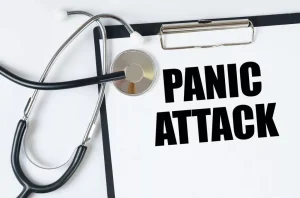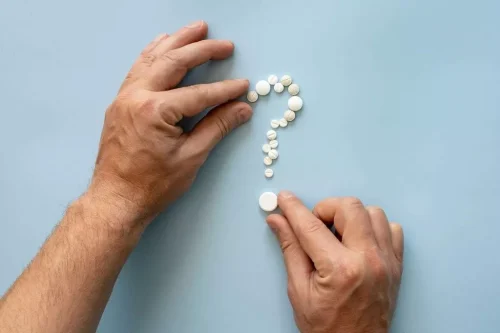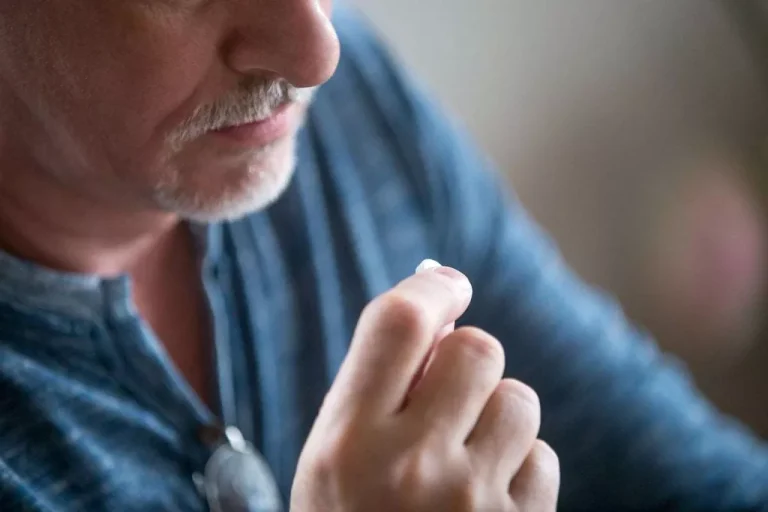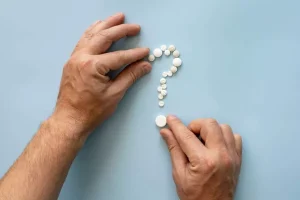
Not only does drinking alcohol while exercising increase the risk of injury, but it also can alcohol and dehydration symptoms exacerbate dehydration related to physical activity. Without replenishing electrolytes, the body won’t be able to utilize the water you consume, leaving you dehydrated despite drinking plenty of fluids. Hangovers after a single night’s drinking go away on their own.
Dehydration from Alcohol: How to Bounce Back from a Hangover (Or Prevent One)
Drinking on an empty stomach can cause other long-term damage, particularly to the liver. Your liver is responsible for metabolizing alcohol, and heavy drinking over long periods can lead to irreversible damage. The key to avoiding dehydration is to pay attention to how your body responds to alcohol. Remember that DTs most commonly occur in individuals with a history of heavy, prolonged alcohol use, especially when they’ve abruptly stopped or reduced drinking. Proper hydration improves overall health, including kidney function and skin appearance. Remember, seeking medical support is not a sign of weakness but a responsible step in your recovery journey.

How can you reduce the chances of becoming dehydrated?
Chronic dehydration due to alcohol consumption can lead to kidney damage and increase the risk of kidney stones and urinary tract infections. For example, during times of illness, your water needs are increased. For most healthy adults, the National Academy of Medicine recommends consuming 13 cups for men and 9 cups for women daily. However, it may reduce your overall fluid intake throughout the day. If you don’t feel better from drinking plain water, try adding an electrolyte mix to water or drinking a low-sugar sports drink that contains electrolytes.

Why Alcohol Causes a Hangover
Since alcohol causes sedation to the nervous system, an abrupt loss of this chemical can cause over-excitability in the brain and trigger severe physical symptoms. Staying hydrated can be tricky when you’re sick, particularly when experiencing vomiting and diarrhea. Switching to a diet of clear liquids and replacing lost fluids and electrolytes with sports drinks can help.
What to avoid when dehydrated
Drinking alcohol can dehydrate you, and it’s one of the main reasons you can get a hangover. This is because alcohol is a diuretic, which is a substance that induces diuresis or additional urine output. Consuming alcohol carries other health risks besides dehydration. These risks change depending on how much alcohol a person consumes and how often. These are substances that promote urine production, or diuresis.
- You weren’t planning for a headache, nausea, and endless trips to the bathroom to interrupt this party.
- While mild dehydration isn’t anything to worry about and can quickly be remedied by drinking water, moderate or severe dehydration can impair critical physiological functions.
- Dehydration causes imbalances in electrolytes (charged minerals in the blood and body fluids involved in many body processes).

The higher the alcohol content of a particular drink, the greater this effect becomes. Dehydration occurs when you use or lose more fluid than you take in, and your body doesn’t have enough water and other fluids to carry out its normal functions. Reducing your alcohol consumption overhaul will help you avoid some of the bigger health risks from long-term dehydration and drinking. The frequency and duration of drinking can also impact the dehydrating effects of alcohol. Many of these medications work by preventing reabsorption of fluids.
- It is important for a person to be aware of the signs and symptoms of alcohol-induced dehydration and the ways to avoid it.
- Delirium tremens (DTs) is the severe and potentially life-threatening end of the spectrum of alcohol withdrawal.

But it’s different from a hangover, which may or may not include a headache. It’s possible that some chemicals in wine and how the body responds to them could result in a headache after drinking wine. More research is needed to find the exact cause of wine headache.
